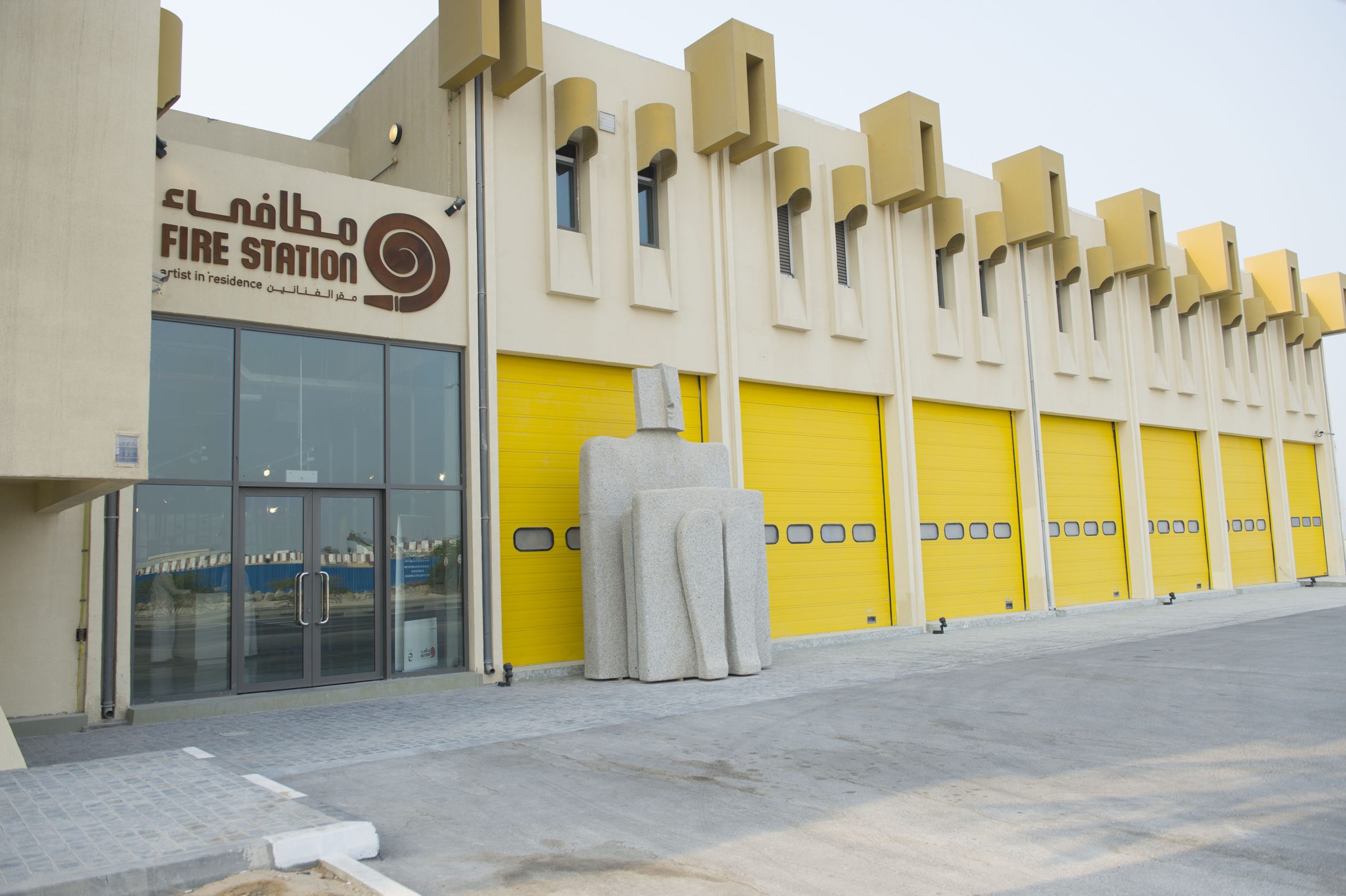
With reporting from Riham Sheble
Following an online uproar, authorities in Qatar have blocked local theaters from showing a British film about a transgender Danish artist in the 1920s who undergoes one of the world’s first known sex reassignment surgeries.
The Danish Girl, which also contained several scenes of nudity in its uncensored version, opened across the Gulf last weekend and had been playing in several cinemas in Qatar, according to unofficial movie listings on Cinema Qatar and Marhaba.
However, as of this afternoon, the film was no longer listed on the website of Novo Cinemas or Cineco Movies, which runs the theaters at Villaggio and City Center malls.
Earlier today, Qatar’s Ministry of Culture tweeted that the government had outlawed the film:
http://twitter.com/mocqatar/status/686482711993700352
Translation: We would like to inform you that we have contacted the concerned department and the screening of the Danish film is now banned from cinemas. We thank your unwavering vigilance.
A representative of Qatar Cinemas – which operates theaters at Landmark Mall, The Mall, Royal Plaza, Gulf and Doha Cinemas – told Doha News this afternoon that the chain had canceled all of its screenings of The Danish Girl.
That news set off further debate on Twitter under the trending hashtag, #لا_لعرض_فيلم_الفتاه_الدنماركيه (“No to the screening of The Danish Girl”), with many supporting the government’s actions:
شاهدت إعلان الفيلم لا يجوز أن يعرض ففيه كميه من القبح تكفي لتوزيعها حول العالم #لا_لعرض_فيلم_الفتاه_الدنماركيه
— بنت الادعم (@Aljorry1979) January 11, 2016
Translation: I watched the trailer of the film and it should not be screened here. It contains enough moral depravity to go around the world.
https://twitter.com/almuhra8/status/686502226538414080?s=08
Translation: And no to any film that contradicts our religion, morals and traditions. We hope that the people responsible for the screening of (such) films will be held accountable.
Others disagreed with the move, noting that the film was loosely inspired by the stories of actual people:
الفلم عادي ويحكي قصة حقيقية، الإنحراف الحقيقي هو في عقول الذين طالبوا بالمنع #لا_لعرض_فيلم_الفتاه_الدنماركيه
— ❤️ (@Alialmarri2116) January 11, 2016
Translation: There is nothing out of the ordinary about the film and it tells a true story. The real deviance is in the mind of those who call for it to be banned.
#لا_لعرض_فيلم_الفتاه_الدنماركيه
المفروض يعرضونه لكن يخلون الدخول حق الناس +18 ، لان المنع اكبر دعاية للفلم .— محمد (@qtr704) January 11, 2016
Translation: It should be screened, but rated 18+ because banning it (will generate even) bigger publicity for the film.
Censorship in Qatar
This is not the first time that the Ministry of Culture has banned films after they’ve hit local theaters.
Scheduled showings of Raaz 3, a 3D Bollywood erotic horror film, were canceled in 2012. A year later, screenings of the Indian film Grand Masti – which had drawn criticism for its vulgar dialogue and obscene content – were similarly scrapped.
More recently, Qatar’s censors banned two biblical films, 2014’s Noah and Exodus.

And two years ago, The Wolf of Wall Street – which featured many scenes of gratuitous sexual acts, swearing and drug use – had nearly one-quarter of its scenes (or 50 minutes) cut out before it was shown in Qatar.
There are signs the government has widespread support in Qatar for censoring movies.
According to a 2014 survey by Northwestern University in Qatar, 80 percent of respondents said it’s appropriate to delete scenes that could be considered offensive. The report said:
“This support for censorship and government monitoring of entertainment content is observed across all facets of the population, except, perhaps, among Western expatriates in Qatar.”
While religious themes are known to be sensitive topics in Qatar, specific rules on what is permitted to be shown in Qatar are unclear.
Thoughts?







